Many children with ASD have Mind Blindness, meaning they are often literal and don’t know the inferred intent of language. This often leads to difficulty understanding another person’s perspective.
This can mean certain words are often very confusing, for example, children with ASD typically struggle with the words STOP and NO. If an adult says STOP what does this mean? Do they mean stop breathing? Stop moving? Stop eating? STOP does not tell a child what they can do – it only tells them what they shouldn’t do. When you have to use STOP make sure you add a little bit more information so the child knows what they should do i.e. STOP working, pencil down, it’s time to listen.
Check out my other podcasts on Social Skills:
- Episode 126: Using Games to Teach – Part 1: All the Skills you can Learn
- Episode 73: Top 10 Tips to use when Teaching Social Skills to Students with Autism
- Epsiode 4: Promoting Social Understanding – Social Scripts
| by Jude Welton | Jude Welton looks at a hundred of the most common figures of speech in this visual workbook designed as a springboard for family and classroom discussions. Each figure of speech is accompanied by an illustration showing its literal meaning, which will help ASD children recognise and learn to enjoy metaphors and figurative language.


Are you?
- Passing on a student with Neurodiversity to another educator next year
- Do you know a student who will be changing teachers, classrooms, or school settings in 2026
- Planning your staff, classes for 2026
Now is the time to prepare for 2026.
By joining my course, you will get the knowledge, skills and strategies to set yourself and your students up for success in 2026.
If there's even a remote possibility of having a child with Neurodiversity in your classroom next year, join me to prepare now.
Training in the first term often presents challenges:
- Don't want a day out for training when setting up class at the start of the year.
- Students with neurodiversity may start off dysregulated because the necessary structures and strategies are not yet in place.
- Educators find themselves playing catch-up while addressing 'behaviours'.
- Many educators feel overwhelmed.
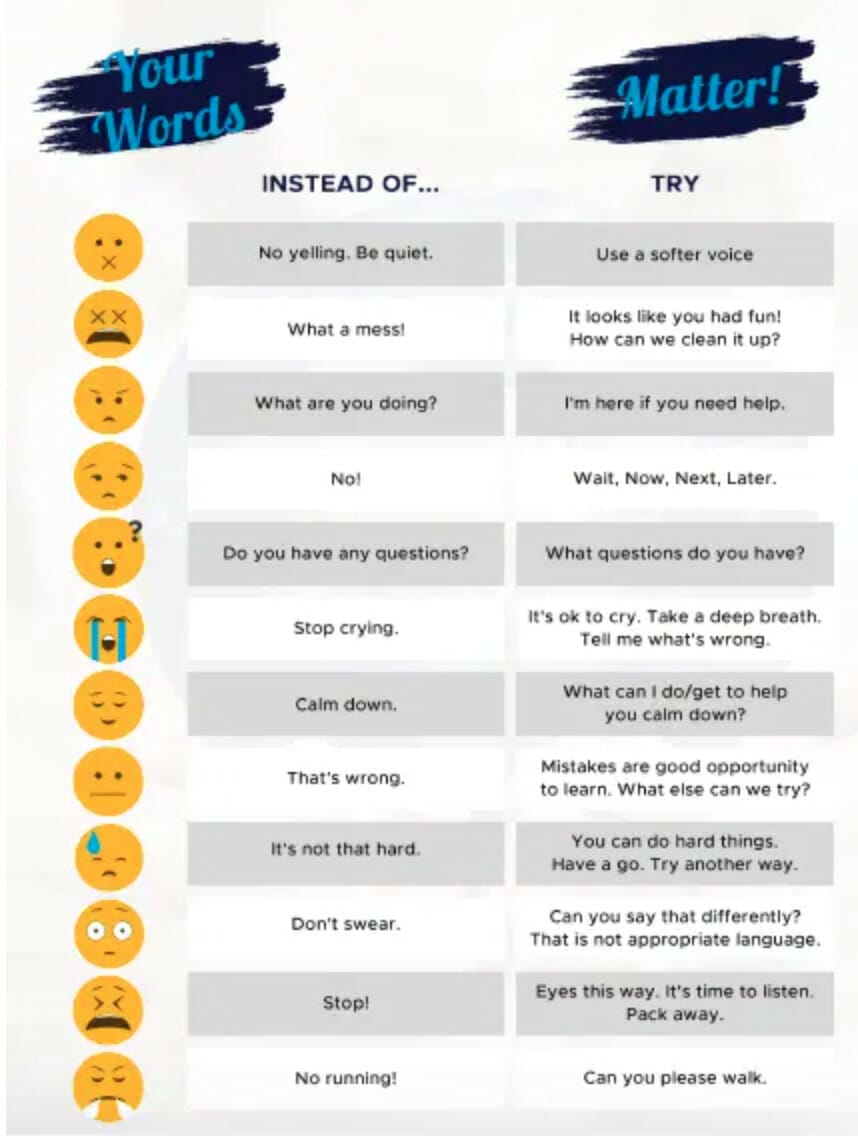

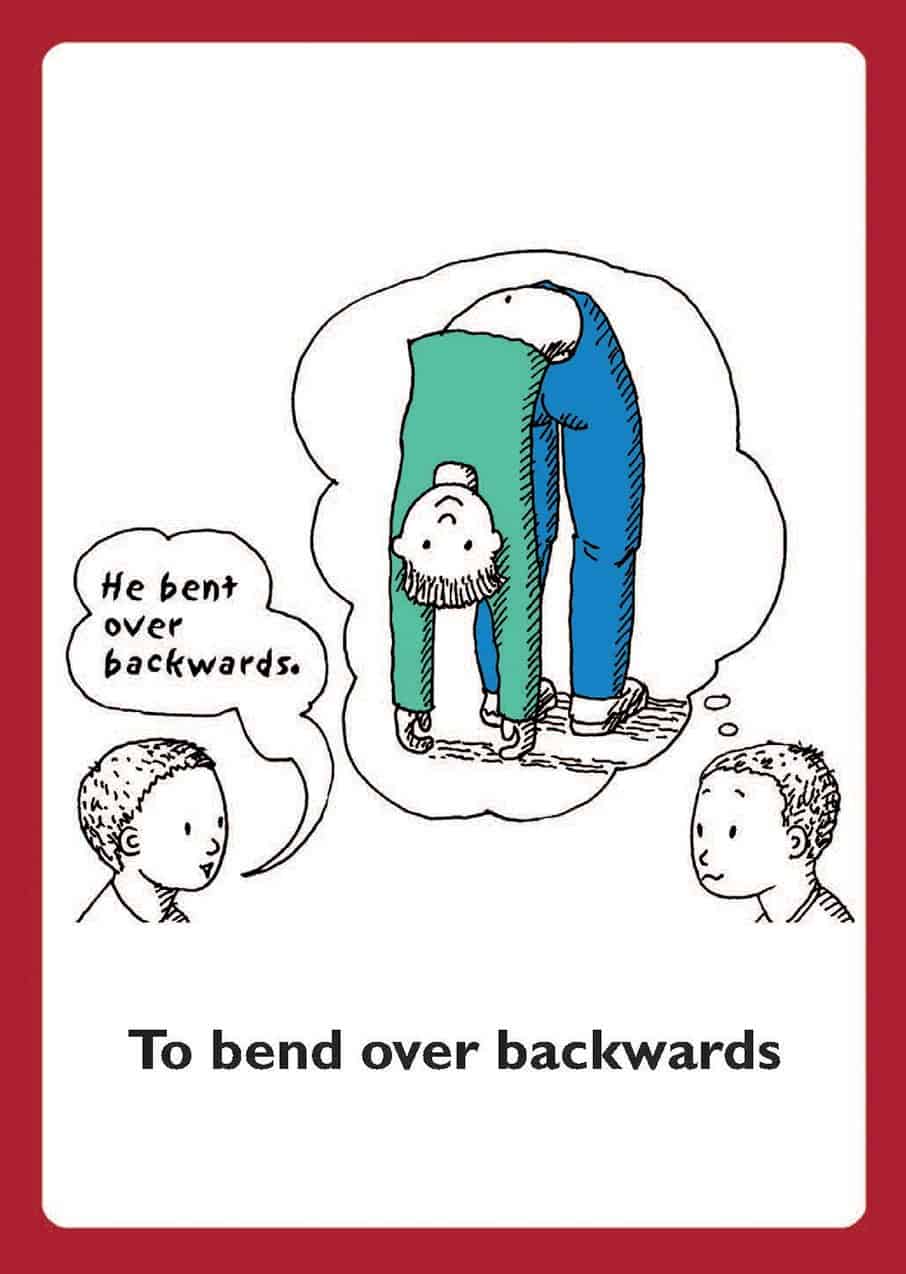
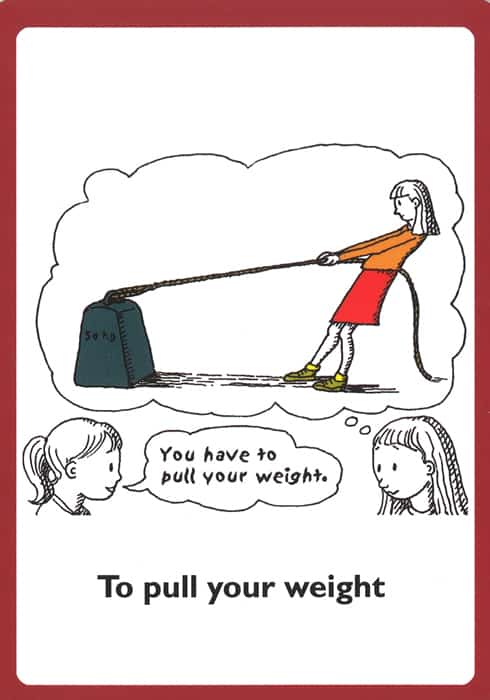

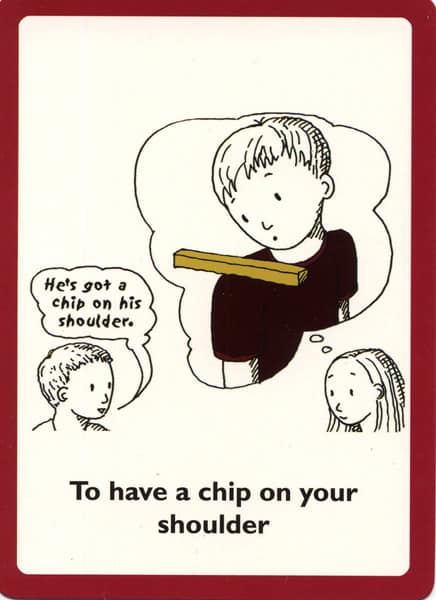



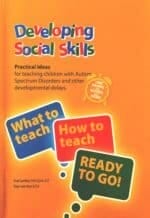
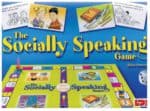



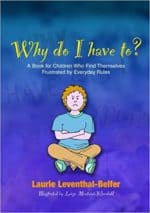
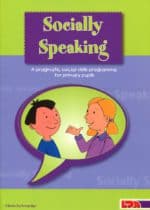

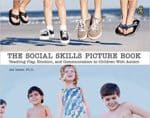
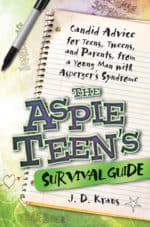




 Sorry we no longer ship items outside Australia. Please consider the digital versions of Sue’s Books –
Sorry we no longer ship items outside Australia. Please consider the digital versions of Sue’s Books – 